Could Fluoride be the Solution to Antibiotic Resistance? A New Study Weighs In
The Pharma Data
JANUARY 4, 2021
But scientists at the University of California (UC), Santa Barbara, believe fluoride may offer hope in the fight against antibiotic-resistant bacteria. The UC Santa Barbara research uses a method that addresses not only antibiotic overuse, but also the containment of genetically modified organisms (GMOs). “If ” Source link.

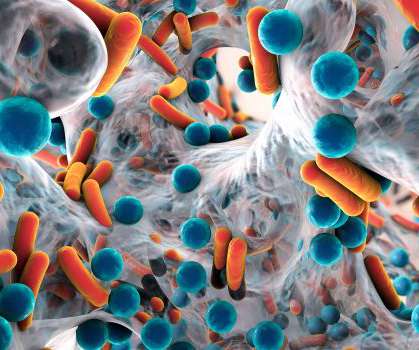
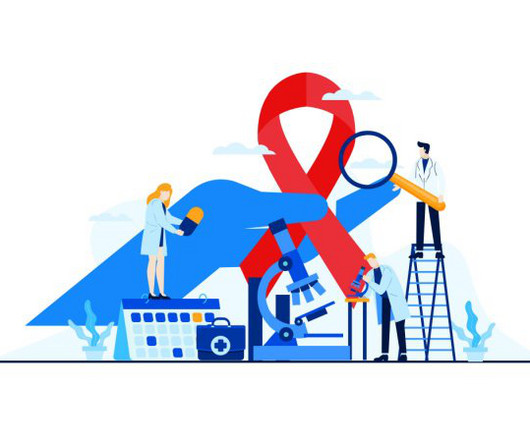
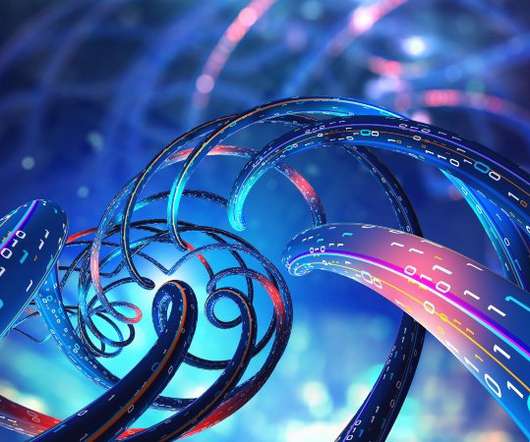

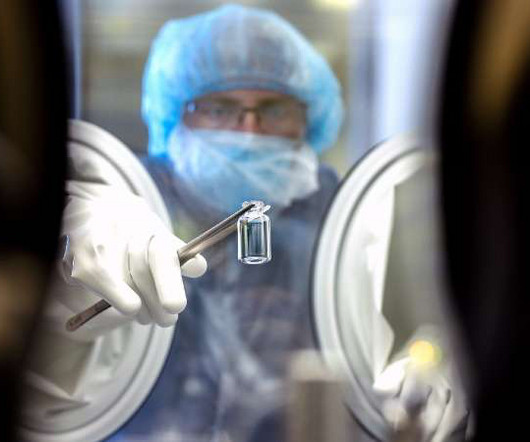
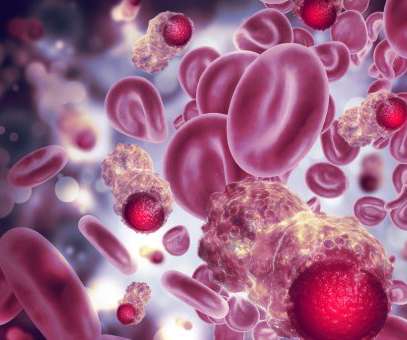

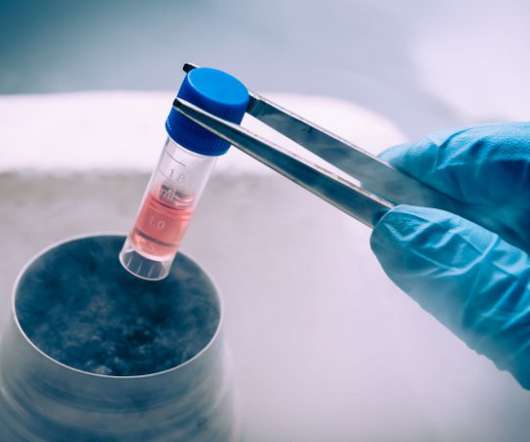







Let's personalize your content